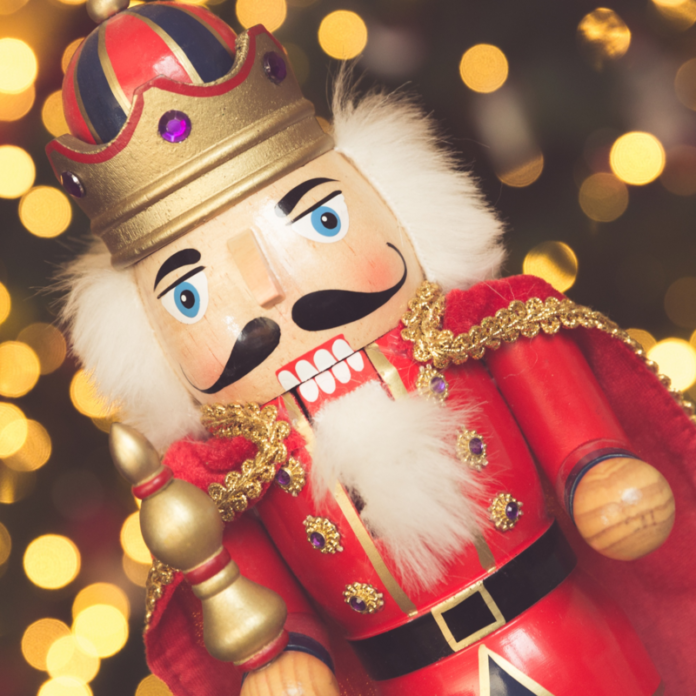Traditions are like candy canes: once you start your journey through the candyland of peppermint goodness, it becomes a never ending sticky mess. Whenever anyone picks up your half-eaten candy cane, or decides to begin eating one of their own, they activate the spread of the virus, infecting families, communities, and even the whole world!
Christmas, Kwanza, Hanukkah, and many other holidays come flooding in at the beginning of winter, ready to contaminate cultures around the world. Although most of these holidays have positive values and bring families together, there is one that has taken Santa’s sleigh reigns, and driven the rest out of the way. I am the first to admit that I celebrate Christmas for one reason: I always have. And I won’t deny, the presents are a plus. For my family and me, that’s the way it has always been. At the beginning of December, the Christmas lights are up, and before I know it we’ll be driving to a u-cut tree farm to pick out the tallest tree, only for it to slowly decay in the middle of our living room.
Why is it that we robotically follow these traditions as if they’re second nature? Many customs and beliefs are passed down from generations before, which creates mindless repetition and uncertainty of the tradition’s origin. Each person has their own thoughts about the winter holidays, and many seem to accept whatever “cool” new trends are thrown their way. Over time, traditions undergo many alterations as they morph into new activities and events. When Christmas began, I highly doubt they celebrated with gingerbread house competitions and Michael Bublé’s greatest Christmas hits.
The main idea behind the holidays is to enjoy free time with friends and family, to appreciate sacred religious days, and relish in the added benefits of gifts, candy, and chocolates. When beneficial circumstances arise, is it not human nature to accept them with open arms? This inherently selfish nature of the human race has been continuously exploited by businesses and salespeople for as long as the concept of ownership has existed, which explains the influx of sales during the holiday season.
Companies are able to blow out all of their old product at discount prices, while still making a profit, and clearing room for the new year. Although the sales seem to benefit the consumer, businesses never risk profits for the sake of the customer. The lower the sale, the lower the standard cost for the company, revealing the true profit margins of a business.
Like a disease, traditions tend to feed off of anything they can grab a hold of. Growing up, I spent the holidays with either my mom’s side of the family or my dad’s, and both have their own versions of what Christmas entails. The years I was with my mom, we would always cut down our own tree from a farm, decorate it as a family, bake tree-shaped sugar cookies, and open one gift on Christmas Eve.
However, when I was with my dad’s family, we would always visit my grandparents, spend Christmas Day with my cousins, and have Christmas dinner with my extended family. How is that, although I was a part of both, the traditions were so drastically different? Obviously, the spread of this so-called Christmas spirit has been effective in its contamination. Reflecting on the holidays has revealed to me the influence of family, repetition, the economy, and of course, the ugly Christmas sweaters.


